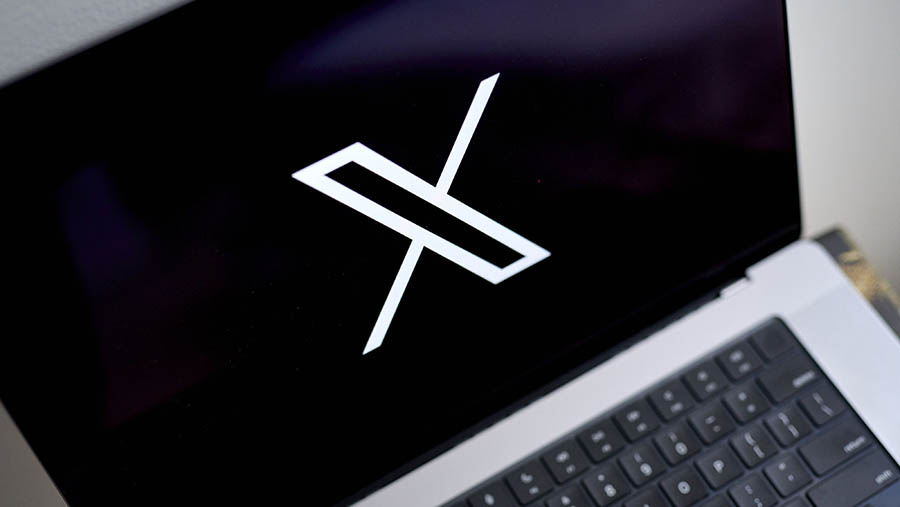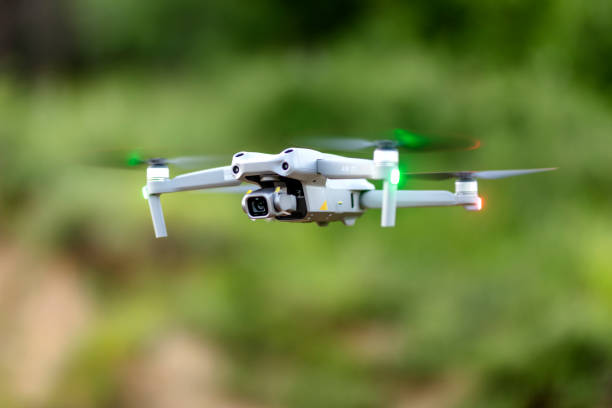DJI, the world’s largest drone manufacturer, is escalating its legal battle against the U.S. Department of Defense (DoD) to remove its designation as a “Chinese Military Company.” DJI argues that the label, assigned in 2022, is baseless and has caused significant financial and reputational damage. The company claims that its inclusion on the list has led to lost business, stigmatization of employees, and public harassment.
According to the lawsuit, DJI made several attempts over sixteen months to engage with the DoD for clarification, but it received no explanation until September 2023, when it threatened legal action. When the DoD finally responded, DJI contends that the reasoning presented was riddled with errors, including incorrect facts about the company’s ownership structure and reliance on outdated information.
The company also emphasizes that its drones are primarily consumer and commercial products, not military equipment, and insists it is not owned or controlled by the Chinese government. In its defense, DJI highlights that its founder, Frank Wang, and three other early investors collectively hold 99% of the company’s voting rights and 87% of its shares. While it acknowledges that two Chinese state-owned investment funds held minor shares, DJI states that one fund no longer holds a stake, and the remaining one has less than 1% ownership and negligible voting power.
This lawsuit follows previous U.S. government actions against DJI. In 2020, the Department of Commerce placed the company on its Entity List, blocking U.S. companies from selling technology to DJI, citing the company’s alleged involvement in human rights abuses against Uyghur Muslims in Xinjiang. The Treasury Department further placed DJI on its Non-SDN Chinese Military Industrial Complex Companies list in 2021, accusing it of providing drones to the Chinese government for surveillance. DJI has repeatedly denied these claims, stating it has “nothing to do with the treatment of Uyghurs” and that independent audits by U.S. agencies have found no security threats related to its products.
Despite ongoing scrutiny, DJI drones remain widely available for consumer purchase in the U.S. The proposed ban on new DJI drone imports, part of a broader legislative debate about national security risks, has not yet passed through Congress. Although the House of Representatives has approved the ban as part of the National Defense Authorization Act, the Senate version of the bill does not yet include this provision. DJI has pointed out that any future bans would still allow current owners to continue flying their drones.
In addition to its designation by the DoD, DJI has faced increasing restrictions from various U.S. government entities. As early as 2017, the U.S. Army advised units to stop using DJI drones, citing security concerns. In 2019, the Department of the Interior also suspended its use of DJI drones, expressing similar fears of espionage. More recently, DJI drones have been blocked by U.S. customs under the Uyghur Forced Labor Prevention Act, though the company argues this is due to a misunderstanding.
The lawsuit represents DJI’s latest effort to fight back against the growing restrictions and reputational damage stemming from its alleged ties to the Chinese military. The case now moves forward in federal court, where DJI seeks to have its name removed from the DoD’s list.











